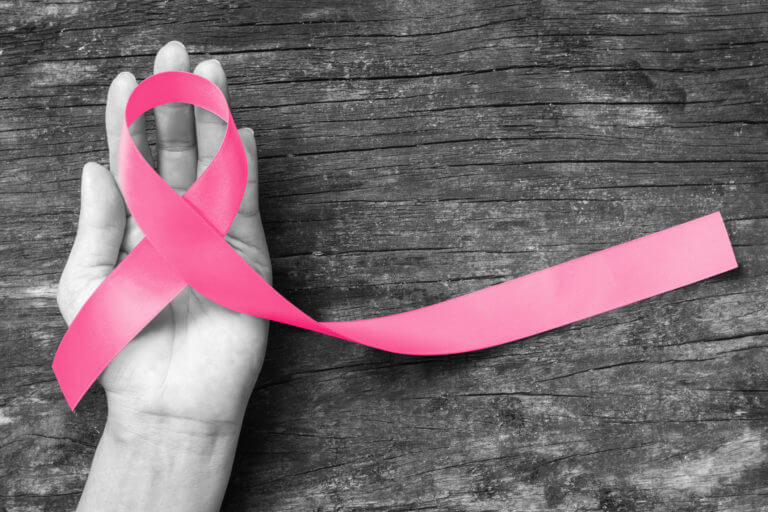
You eat right. You don’t smoke. You get enough rest and you have even eliminated all chemicals from your home. Yet at your most recent GYN appointment, you were shocked to learn that you are considered “high risk” for breast cancer. How can that be? First, know that there is no single factor that makes a person high risk but rather, a variety of factors that can contribute to an elevated risk. If you don’t know what being at “high risk” for breast cancer means, here is a list of conditions that you might have to elevate your risk.
- BRCA1 and BRCA2 Gene Mutations: The average woman has about a 12% risk of developing breast cancer if she lives to be 90 years of age, however, those who have the BRCA1 and BRCA2 Gene Mutations have a 4 to 5 times higher risk of developing breast cancer than individuals who do not have the mutation. Women who are of Ashkenazi Jewish descent (their families originally hailed from Eastern Europe) are amongst the highest risk groups to develop breast cancer due to the BRCA1 and BRCA 2 gene mutations. They also are more likely to develop breast cancer at an earlier age and are more at risk to develop ovarian cancer. Testing for these mutations is as simple as having blood tested.
- Family History: Women who have a family history of breast cancer or ovarian cancer –especially in their immediate family – are at a higher risk of developing the conditions themselves. It’s important to share your family’s medical history with your doctor so you can prevent them from developing or detect them early on. Talk to relatives to find out how prevalent cancer might have been in your family.
- Early Period: Women who get their period early in life have a higher risk of developing breast cancer.
- Late Menopause: Similarly, women who go through menopause after the age of 55 have a higher risk of developing breast cancer.
- Late Motherhood: Women who have given birth after the age of 35, or women who have never had children, are at a higher risk factor, as well.
- Precancerous Breast Condition: There are some precancerous breast conditions that can make women more likely to develop cancer. For instance, women who have been diagnosed with atypical hyperplasia, which is characterized by the accumulation of abnormal cells in the breast –increases developing breast cancer later in life.
- Breast Density: The more dense or “meaty” the breast, the harder it may be for to feel out a possible tumor during self-exams, or for a technician to detect breast cancer without a more detailed mammogram.
What to do if You’re High Risk
An honest conversation with your obstetrician/gynecologist (OB/GYN) will help your doctor determine if you may be at higher risk of developing breast cancer. If you are a high risk for breast cancer thanks to manageable lifestyle choices, your doctor may recommend you follow through on good habits and behaviors, or refer you to a specialist that can help. More frequent testing like self-examinations, doctor examinations, and mammograms can help with early detection. Risk-reduction methods include medications to lower the risk and preventative surgeries to remove breasts and/or ovaries. The right type of treatment depends on your specific risk factor and medical needs. Talk to your doctor about your risk and if you need to consider preventative measures for breast cancer. Lastly, if you are fit the demographic, your doctor may order a BRCA screening.
If you are in search of a high-quality OB/GYN center for your medical needs, consider University OB/GYN Associates. University OB/GYN Associates is affiliated with SUNY Upstate Medical University in Syracuse, New York. Their gynecologists and obstetricians are more than expert clinicians; they are dedicated, caring people who practice with the highest professional regard for each patient. To make an appointment, call (315) 464-5162. You can also request an appointment online.



